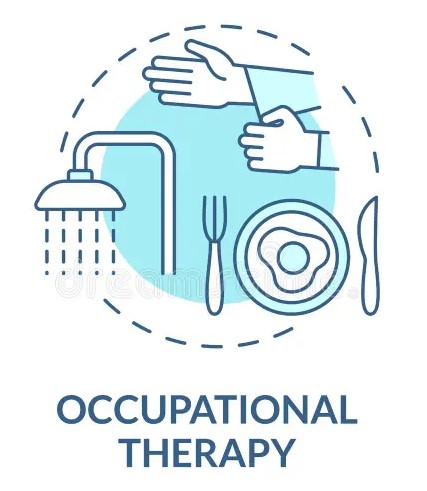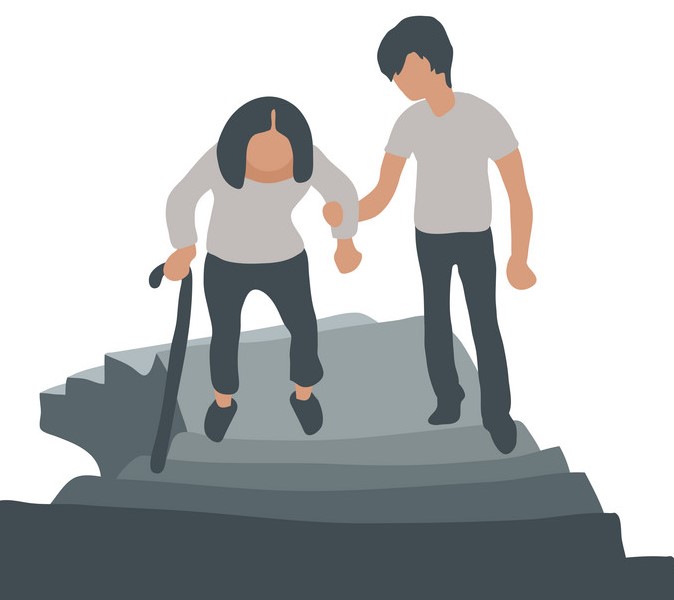
Stanford’s Lewy Body Dementia Research Center of Excellence and Brain Support Network are co-hosting this Lewy body dementia caregiving symposium. This is a hybrid event — some attending in-person on Stanford’s campus and many attending virtually.

Stanford’s Lewy Body Dementia Research Center of Excellence and Brain Support Network are co-hosting this Lewy body dementia caregiving symposium. This is a hybrid event — some attending in-person on Stanford’s campus and many attending virtually.

Excerpt: “‘No one really knows what causes Parkinson’s disease, other than about 10 to 20 percent is genetic,'” said Ted M. Dawson, a professor of neurology at Johns Hopkins University School of Medicine. Researchers such as Dawson have been searching for clues, and in the last two decades, a growing body of evidence points to an unexpected origin for Parkinson’s disease: the gut. What is known as the ‘gut-first’ — as opposed to ‘brain-first’— hypothesis states that Parkinson’s begins as abnormal proteins in the nerves of the gastrointestinal tract. Misfolded proteins, found excessively in the post-mortem brains of patients with Parkinson’s as well as Alzheimer’s, accumulate into large, toxic clumps that disrupt nerve cell function.”
… Full Story>
In early September, occupational therapist and program coordinator of the St. Louis, Missouri chapter of American Parkinson Disease Association (APDA), Amanda Landsbaum, gave a talk introducing people with Parkinson’s disease (PD) to occupational therapy (OT). She described occupational therapy, listed the areas of life occupational therapists might address, and provided case examples of how occupational therapy can benefit someone with PD. Amanda’s talk is the first of a three-part series on “Thriving Through Occupational Therapy.”
… Full Story>
The American Parkinson Disease Association (APDA) is hosting a two-day event October 14-15 at the Four Points by Sheraton Hotel, near Sea-Tac Airport. This conference is all about making connections, gaining practical skills, and learning how to live your best life with Young Onset Parkinson’s Disease.
… Full Story>
In early August 2023, the Parkinson’s Foundation hosted movement disorders specialist Dr. Janis Miyasaki on the topics of why addressing caregivers’ needs is vital, reasons caregivers might be reluctant to seek help, and sources of emotional support for caregivers. She speaks with many caregivers for those with movement disorders as part of her work, and is familiar with signs of caregiver strain. Also, Dr. Miyasaki cared for her mother with Parkinson’s Disease (PD). Even as a specialist in the field, she found it very difficult, but found that caregiving can also be an incredibly rewarding experience. Note: there is nothing specific about PD in this webinar. We share below our notes from the event.
… Full Story>The American Parkinson Disease Association (APDA) recently shared the top three questions they are … [Read More...]
From the American Parkinson Disease Association, Northwest Chapter (APDA NW), Tuesday, September … [Read More...]
The two-day APDA Virtual Parkinson’s Conference: Educate, Empower, Engage will be geared towards … [Read More...]